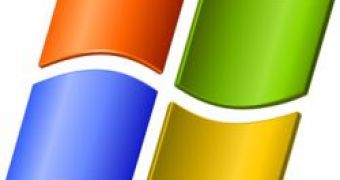Microsoft will not be held liable for patent infringement on copies of the Windows operating system sold internationally. Yesterday, April 30, 2007 the Supreme Court sided with Microsoft and overturned a previous ruling that attested the Redmond Company's responsibility for patent infringement even for Windows platforms installed on computers sold overseas. The Supreme Court's argument was that the United States patent legislation does not apply beyond the borders of the country. Microsoft applauded the decision.
"Today's Supreme Court decision is important for the entire information technology industry, adding clarity and balance to our patent system. This decision promotes a global patent system that works. The ruling ensures that U.S. courts, like courts elsewhere, can respect the patent laws of other countries, helping promote cooperation among patent systems worldwide," stated Senior Vice President and General Counsel Brad Smith.
"All U.S.-based sources of innovation, including the software development community, could benefit from patent laws that enable fair, appropriate protection and valuation of new technologies and inventions domestically and overseas," said Scott Frank, CEO of AT&T Knowledge Ventures. "Our intellectual property protection and licensing program continues to focus on maximizing global access to AT&T innovations, while also ensuring that AT&T receives fair and appropriate compensation in return for its investments in research and innovation."
Besides ruling that the US patent law cannot transcend the borders of the United States, the Supreme Court also decided that abstract software code, the kind that Microsoft ships to international computer manufacturers as golden master discs is nothing more than a blueprint and certainly not a component of the invention such as AT&T was alleging.
"We're also pleased that today's decision applies the patent law to software in the same way it's applied to other inventions. The patent system remains one of the country's fundamental engines of economic growth. It is important for patent laws to continue to provide an incentive to innovate for software, just as it does throughout the rest of the economy. Today's decision reinforces this result," Smith added. This decision also adds to Microsoft's successful record on appeal and has implications for many of our other patent cases. In particular, we believe the damage awards against Microsoft in both the Alcatel-Lucent and Eolas cases will be revisited in light of this ruling, and we welcome this result."

 14 DAY TRIAL //
14 DAY TRIAL //